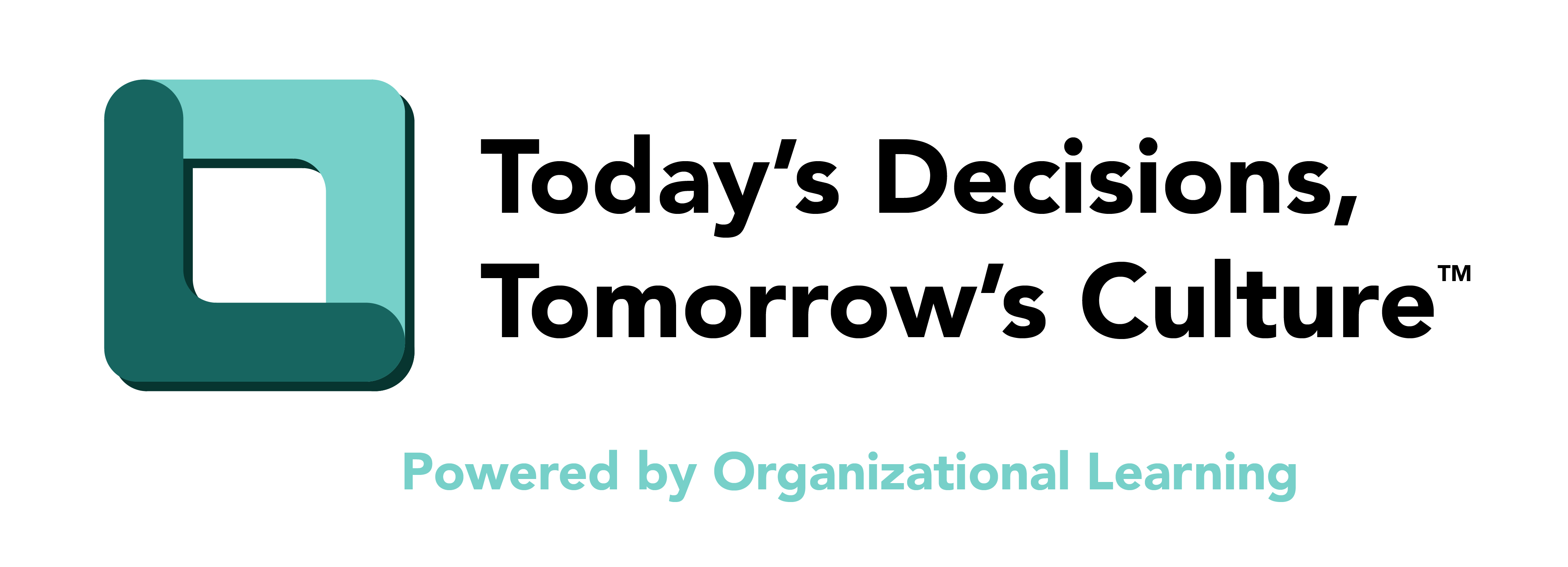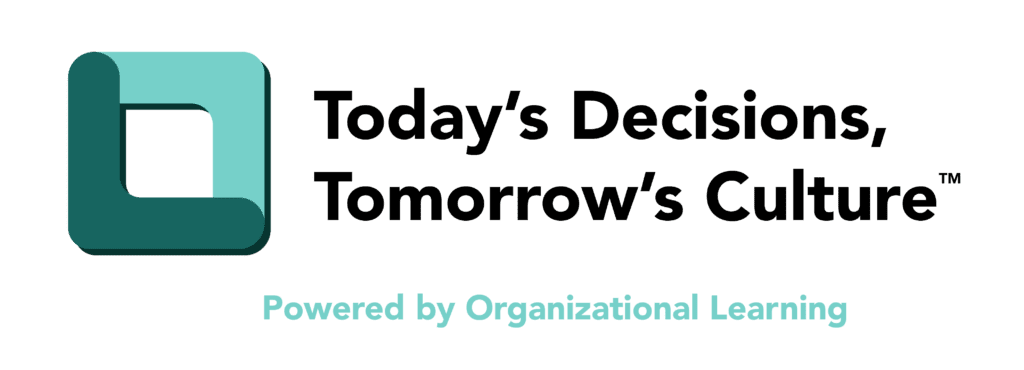In Organizational Culture the daily experiences made by leaders play a crucial role in shaping the future organization. Often underestimated, small interactions between leaders and the organization, ranging from communication to problem-solving approaches, cumulatively have a profound impact on the long-term organizational culture.
The Ripple Effect of Daily Decisions
Leadership, at its core, is about influence. Daily decisions – large and small – create ripples that extend throughout the organization. For instance, a leader’s choice to openly acknowledge and address a mistake can foster a culture of accountability and transparency. Conversely, avoiding the same tough conversations can cultivate an environment where issues are not shared or acknowledged. These – sometimes seemingly – small decisions can combine over time to become a powerful culture-defining force within an organization.
Building Trust and Psychological Safety
Trust and psychological safety are at the foundation of a healthy organizational culture. Leaders who make daily decisions – and give teams experiences – that demonstrate reliability, empathy, and integrity lay the foundation for a trusting environment. When employees feel safe to express ideas and concerns without fear of failing, innovation and collaboration flourish. This environment is built slowly, through small but routine interactions where leaders choose to listen actively, give constructive feedback, and show genuine care for their team’s well-being.
Modeling Desired Behaviors
Leaders are always under observation, and their behaviors set the tone for the rest of the organization. Whether it’s punctuality, respect in communication, or commitment to continuous learning, the habits leaders demonstrate daily become the unwritten rules of the organization. Over time, these behaviors become deeply ingrained in the organizational culture and begin to define it, influencing how employees interact with each other and make decisions.
Encouraging Diversity and Inclusion
In today’s organizations, fostering a culture of diversity and inclusion is frequently tied to innovation and improved performance. Leaders make a significant impact in this area through small but routine decisions about who gets heard in meetings, how tasks are allocated, and whose contributions are recognized. By being intentional about inclusivity within the small decisions, leaders can create a culture where diverse perspectives are valued over the long-term.
The Cumulative Effect on Organizational Culture
Ultimately, the accumulation of daily decisions by leaders shapes the health and effectiveness of an organization. A culture where positive behaviors are modeled and reinforced leads to higher employee engagement, better performance, and a stronger ability to adapt to change. In contrast, negative daily decisions – even the smallest routinely negative experiences – can gradually erode the organizational culture, leading to disengagement, high turnover, and a decline in performance.
In conclusion, leaders wield significant power in shaping organizational culture through their routine interactions with teams and other leaders. By being mindful of the impact of their actions and modeling the values they wish to see, leaders can cultivate a positive, productive, and resilient organizational culture. It’s the small threads that hold together the fabric of a strong organizational culture – Todays’ Decisions, Tomorrow’s Culture.




